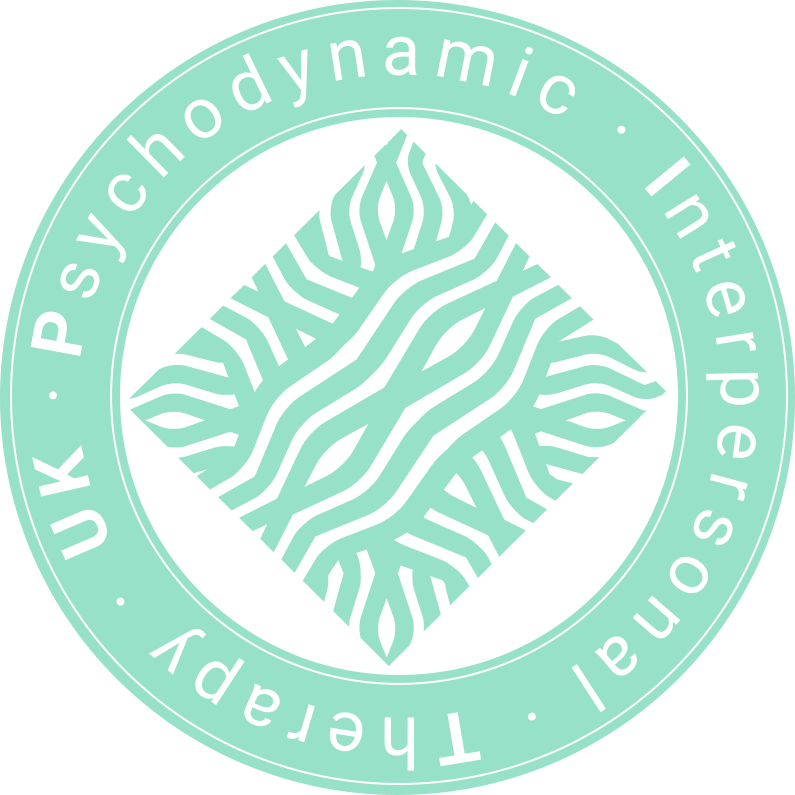Robert Hobson was keen that the Conversational Model could be used by a non-specialist in psychotherapy such as a nurse working in physical medicine or a psychiatrist working in a secure unit just as much as a psychologist working full-time as a psychotherapist.
This does not mean that therapy cannot be differentiated into different levels of expertise, but we have followed Hobson’s principle that these are not organised as a hierarchy of importance.
Undoubtedly, some therapists are notable for having exceptionally good outcomes. Others may be especially resilient in managing clients who challenge boundaries and make great demands on the therapist. It follows from this breadth that the mark of a good, safe Conversational Model therapist lies in knowing ones strengths and weaknesses. This page provides an overview and some suggestions for developing expertise for individuals and groups of professionals.

Hobson draws a useful analogy here with playing “scales” and improvisation (Hobson, 1985, p.207). A skilled musician can improvise based on a particular scale that has been practised previously. Each performance is different but the underlying structure is shaped by the detailed knowledge of that particular scale. By analogy, a psychotherapist can become skilled in using a scale but does not need to be consciously aware every second as the material is so familiar and well-practised:
‘The procedures are akin to the scales of notes for a musician or to the words and phrases of a literary artist. Broad theoretical ideas and psychodynamic formulations are of importance only in so far as they are incarnated in the minute particulars of what we do. We need to practise our scales. Technical accomplishment is essential in achieving a unique “true” voice of feeling’.
(Hobson, 1985: 207)
PIT-UK runs regular continuing development seminars – some on -line and some in person
